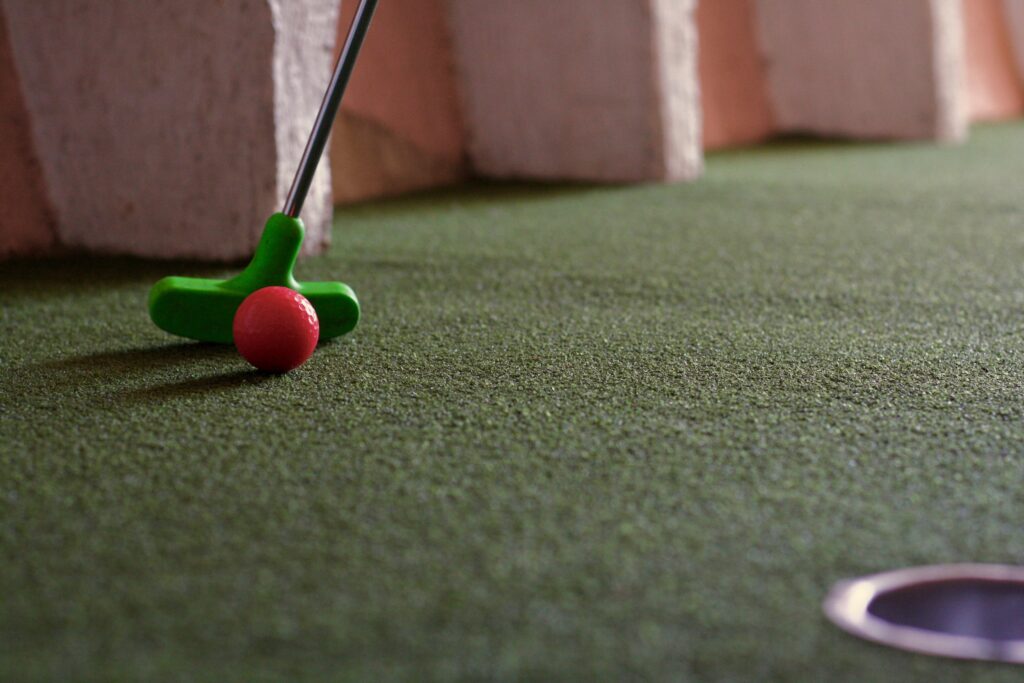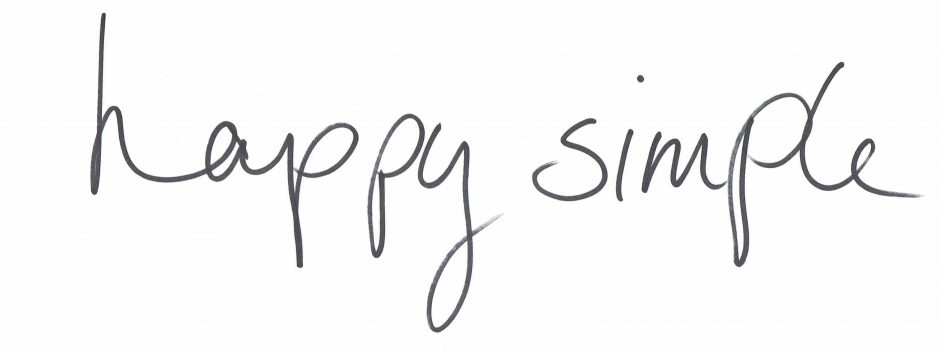
Well, it’s been a fair few weeks, hasn’t it?
The immunosuppressant I started taking in January turned out to be not a good fit. It didn’t quell the inflammation. In fact, it made it worse than it’s ever been. And it made me anemic. I don’t want to brag, but my red cell count was so low on one blood test that they had to call in a pathologist to verify it.
“Overachiever,” Alan muttered when I told him about it.
It also made me so nauseated that I couldn’t eat and lost 22 pounds. While lying in bed doing nothing.
I spent all of lockdown in bed, too tired and too sore to get up and do anything. Did not learn to play the violin. Did not organize my sock drawer. Did not do any writing. It’s all a bit of a blur.
I’m on new meds now. While I suspect they’re no more effective than the last lot were, the shot of cortisone my doctor gave me to go with them hasn’t completely left my system, so I’ve been able to get a few things done.
And that’s how living with a chronic illness is. Some days you can get up and do things, and some days you can’t. And there’s not a lot you can do about it.
It’s a bit like playing mini-golf. This was always a date night favourite when Alan and I first met and into our early marriage. There was a place in Windsor, out by the highway, with a metal life-sized giraffe marking one course and an elephant marking the other. No idea why.
One of the holes had a windmill. The blades would turn and block or open the path to the hole, and you had to time it so that your ball could roll through the opening and not bounce back at you.
With a chronic illness, the timing of when the blades are up, and you can shoot through to the hole is not regular. And sometimes, it comes down, and the power goes out, and all play has to stop awhile. It’s frustrating as hell, but fighting it only makes things worse. I’m learning to give in and wait for my openings.
But, you know, it’s not just chronic illness that makes life uncertain. It makes the uncertainty more visible, but everyone’s life is a mini-golf game. You may make plans that, for a long time, you can rely on. Until, unexpectedly, you can’t.
I think the last seven months have shown us that.
This year has taught me to hold my life more lightly than I have done. I put much less emphasis on progress and achievement. They don’t seem to matter as much compared to staying alive and the fact that Alan loves me.
You can learn a lot from someone with a chronic illness if you can bear the thought of facing the uncertainty in your own life. You can reorder your priorities and know that nothing is as essential as life and love.

Photo by Kayla Farmer on Unsplash





Thank you for that beautiful sharing of your toughest days and your indomitable spirit, Barb. I smile through the tears and always wish you the best.
Thanks so much, Heidi. xo
A perfect metaphor! It encapsulates with humour and humility my struggle with decades of dealing with chronic fatigue (among other things).
As you imply Covid 19 gives everyone a glimpse into strategies for psychologically managing chronic illness. Priorities have to change, the sense of accomplishment is based on days and even hours, and goals are more about maintaining connections and self awareness than self improvement.
Thank you so much for your insight!
Gentle virtual hugs,
Randi
Thanks Randi!
A perfect metaphor! It encapsulates with humour and humility my struggle with decades of dealing with chronic fatigue (among other things).
As you imply Covid 19 gives everyone a glimpse into strategies for psychologically managing chronic illness. Priorities have to change, the sense of accomplishment is based on days and even hours, and goals are more about maintaining connections and self awareness than self improvement.
Thank you so much for your insight!
Gentle, virtual hugs,
Randi